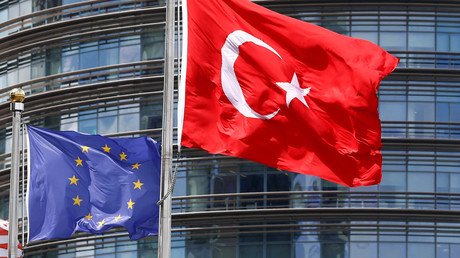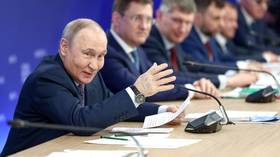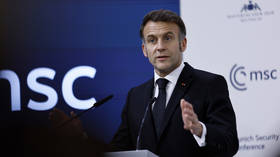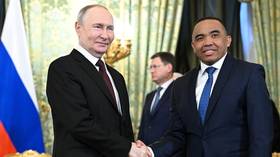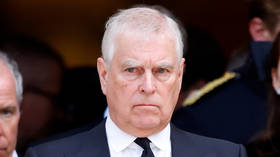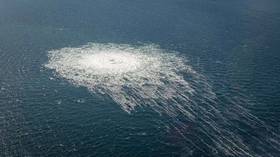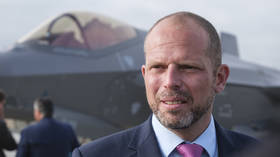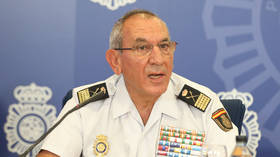Vienna will veto EU membership talks with Turkey – Austrian FM
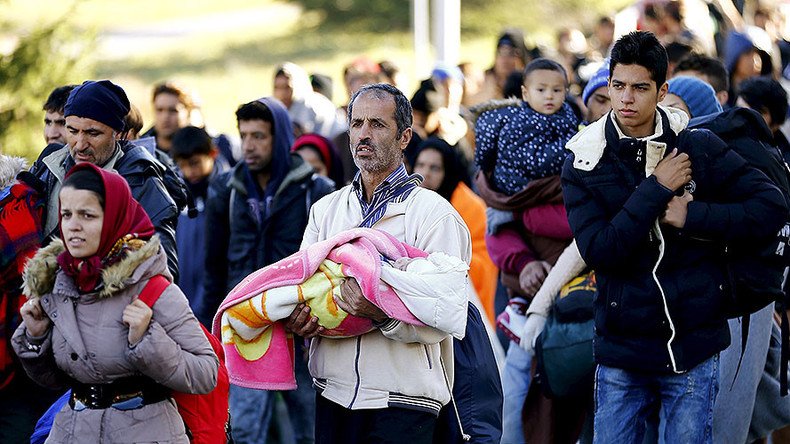
Any further negotiations with Ankara over its future European Union membership will be blocked by Vienna, the Austrian Foreign Minister said, slamming Ankara’s alleged human rights violations in the post-coup crackdown on any opposition.
The European Parliament passed a non-binding resolution on November 24 to freeze Turkey's EU accession process, citing Ankara's crackdown after July's failed coup. The final verdict on Turkey’s immediate EU future will be decided following the European Council meeting that is scheduled to take place on December 15-16. Granting visa liberalization to Turkish citizens will also be on the table during the discussions.
Before the crucial meeting, the EU’s General Affairs Council of foreign ministers, which meets once a month, will convene to discuss the potential role of Ankara in the EU.
At the meeting, Austria intends to block the continuation of EU accession talks with Turkey, the country’s Foreign Minister, Sebastian Kurz, told Spiegel online.
“The European Parliament has adopted a courageous and correct resolution demanding that the accession negotiations with Turkey be frozen. In the conclusions of the Foreign Ministers, there must also be a reaction to developments in Turkey. We must also propose that the accession talks be frozen,” Kurz said.
The minister added that the Netherlands and Bulgaria seem to share Vienna's position on Turkey. The 30-year-old politician said that his country believes that Turkey does not share EU values. He called for a clear response from the European Union to the events which followed the July 15 failed coup.
Turkey launched a massive manhunt spanning all levels of society following the failed July 15 plot to topple the government. Authorities went on to detain close to 38,000 people while purging more than 100,000 employees from government jobs.
In particular, Kurz spoke out against Anaka’s “intimidation” of the oppositions, massive imprisonment of dissidents and the possible introduction of the death penalty.
“I have always warned not to make us dependent [on Turkey]. We must protect our external borders and be able to decide who is allowed to immigrate to Europe and who is not,” he stressed.
Since March, the prospects of Turkey’s accession to the EU and possible visa liberalization were centered around the EU-Turkey migrant deal.
Under the deal, Ankara agreed to take back refugees from Greece in exchange for EU financial aid, worth some €6 billion ($6.3bn) and a pledge of visa-free travel for Turks to Europe.
On Saturday, the architect and main advocate of the liberal refugee policy, Angela Merkel, admitted that “the implementation of the deal has not gone as far as we hoped,” but argued that the agreement is the only model available to curb the uncontrolled influx of refugees into Europe.
Merkel, in a weekly podcast that was posted on her official website, said the EU needs to reach similar deals with North African countries.
“The agreement with Turkey is a good example,” Merkel said. “Can we reach similar agreements, like the one with Turkey, with countries such as Libya, Tunisia, and Egypt from where refugees are also coming?”
The Austrian Foreign Minister in his interview failed to agree with Merkel’s assessment, challenging the humanity of German policy.
“The policy of open borders was not so humane for almost 4,000 people that drowned last year. Also, this year, more than 4000 people died in the Mediterranean in route to Italy.”
Over 351,000 migrants have crossed into Greece and Italy so far this year compared with 883,393 by this time in 2015, according to an International Organization for Migration (IOM) report released on Tuesday. The total number of migrant and refugee fatalities in the Mediterranean since the beginning of 2016 stands at 4,715, which is 1,148 more recorded deaths than at the same point in 2015.
